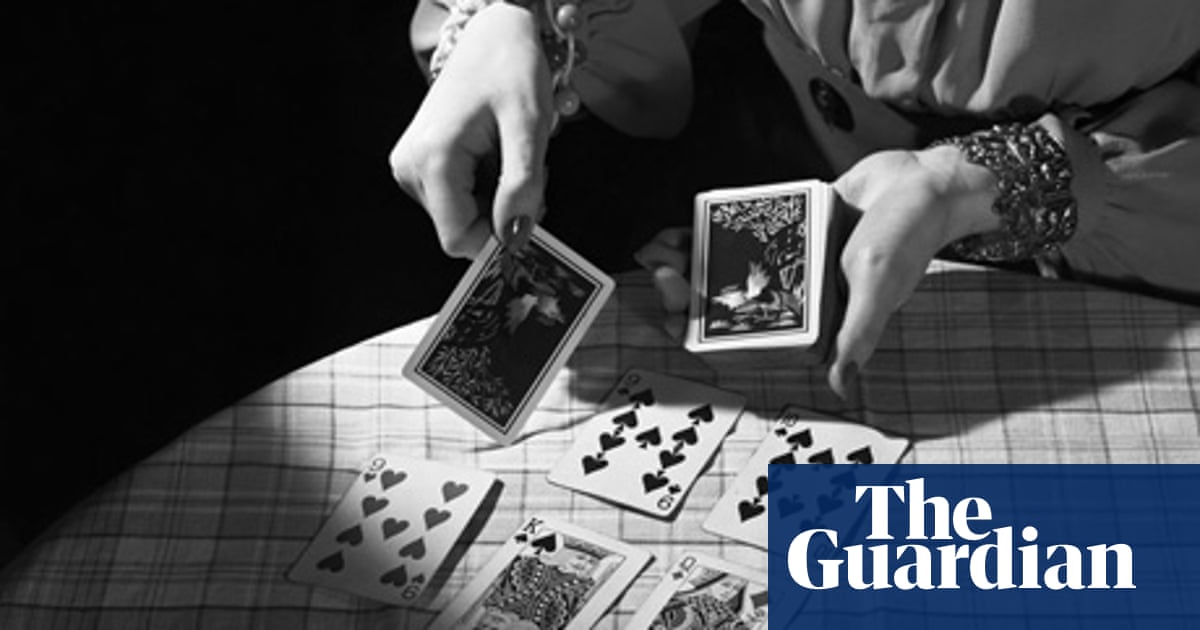Patience is a virtue, as Leafs president Brendan Shanahan has preached from day one. Toronto’s potential tantalizes, yet the clock ticks. The impending NHL season amounts to sports reduced. I don't have the patience for a 15-minute video, but it looks like it provides some detailed info. Is there anything more to overclocking aside from maxing the Voltage on State7, finding a clock that's stable, and then slowly dropping the voltage until it gets unstable?
Clock Solitaire Rules
Clock Patience Card Holder
Clock Solitaire is one of the simplest types of Solitaire there is.
The cards are divided among 13 piles, which are then arranged as if they were the numbers of the clock, with the thirteenth pile, the King pile, in the middle.
Clock Patience Set Up
The objective is to place a card into its corresponding clock number position, e.g. the card 3 goes into the 3 o'clock pile, Ace into the 1 o'clock pile, Jack into the 11 o'clock pile, Queen into 12, and King into the center pile.


When all of the cards are face up and in their correct clock number pile then you've won the game, but if all four Kings are facing up before all of the other cards are in their correct pile you've lost.
Still, don't feel bad if you don't win, the odds of winning Clock Solitaire are 1/13, or 7.6%, making it even harder to win than Scorpion Solitaire, which used to be our hardest game!
About Clock Solitaire
Clock Solitaire is the 11th solitaire game we make here at CardGames.io, and the first one by our newest employee, Atli. It's an extremely simple game, but still, there's something weirdly compelling about moving the cards around the circle and seeing if you get lucky!
If you have any questions, comments or requests for other solitaire games you can send them to admin@cardgames.io or tweet at us @cardgames_io.
Many thanks go to Nicu Buculei, who created the excellent playing card images that we use for the game.
If you like this game check out our other card games, and please share them on Facebook and Twitter.

This is version 2887 of Clock Solitaire.
This website uses cookies to store your preferences, and for advertising purposes. Read more in our Privacy Policy or manage your privacy settings.

| A Patience game | |
Initial layout of Clock Solitaire; Numbers/letters represent the piles. | |
| Alternative names | Travellers |
|---|---|
| Named variant | Watch |
| Type | Non-Builder |
| Deck | Single 52-card |
| See also Glossary of solitaire | |
Clock Patience, also called Clock Solitaire, is a luck-based patience or solitairecard game with the cards laid out to represent the face of a clock.[1][2] It is also known under alternative names such as Dial, Travelers, Hidden Cards, and Four of a Kind.[3]
Clock Patience is a purely mechanical process with no room for skill, and the chances of winning are exactly 1 in 13.[4]
Rules[edit]
One deck of cards (minus jokers) is used. The deck is shuffled and twelve piles of four cards each are laid out, face down, in a circle. The remaining four cards are placed, also face down, in a pile in the center of the circle.
The twelve positions around the circle represent the 12-hour clock and the pile in the middle represents the hands.
Play starts by turning over the top card of the central pile.When a card is revealed, it is placed face up under the pile at the corresponding hour (i.e., Ace = 1 o'clock, 2 = 2 o'clock, etc. The Jack is 11 o'clock and the Queen is 12 o'clock) and the top card of the pile of that hour is turned over. If a King is revealed, it is placed face up under the central pile.
Play continues in this fashion and the game is won if all the cards (including four Kings) are revealed; turning up the fourth king means you will have completed the clock and won the game.[5] The game is lost if the fourth King is turned up while any cards remain face down.[6]
Variations[edit]
A variation of Clock Patience commonly called Watch is played like Clock Patience, but players can continue the play when the fourth king appears, by replacing it with a still face-down card.[7] The game ends when that fourth king reappears.
The Clock (sometimes also called 'German Clock') is a stock and waste type of solitaire originally called 'Die Uhr', and described in a German solitaire book by Rudolf Heinrich from 1976.[8] This gives rules for very different game-play that depends on skill not to miss cards that can be played to the foundations.
References[edit]
- ^Albert H. Morehead and Geoffrey Mott-Smith (2011). Hoyle's Rules of Games, 3rd revised and updated edition. New York: Penguin Putnam Inc. ISBN0-451-20484-0
- ^'Clock Patience (p.12) in Card & Dice Games by N.A.C. Bathe, Robert Frederick Ltd, 2004.ISBN1-889752-06-1
- ^'Clock' (p.36) in Little Giant Encyclopedia of Games for One or Two, The Diagram Group, 1998. ISBN0-8069-0981-1
- ^Clock Solitaire by Weisstein, Eric W. MathWorld - A Wolfram Web Resource. Accessed 14 October 2020
- ^'Clock Patience' (p.17) in Card Games by John Cornelius, Parragon, 1998. ISBN1-86309-571-3
- ^'Clock' (p.25) in The Little Book of Solitaire, Running Press, 2002. ISBN0-7624-1381-6
- ^'Clock Patience' in Glenn, Jim and Denton, Carey. The Treasury of Family Games (page 101). Reader's Digest, 2003 (ISBN9780762104314)
- ^Heinrich, Rudolf (2011). Die schönsten Patiencen, Perlen-Reihe 641, 35th edition. Vienna: Perlen-Reihe Verlag. ISBN3-85223-095-0
See also[edit]
- The Clock (German Clock)